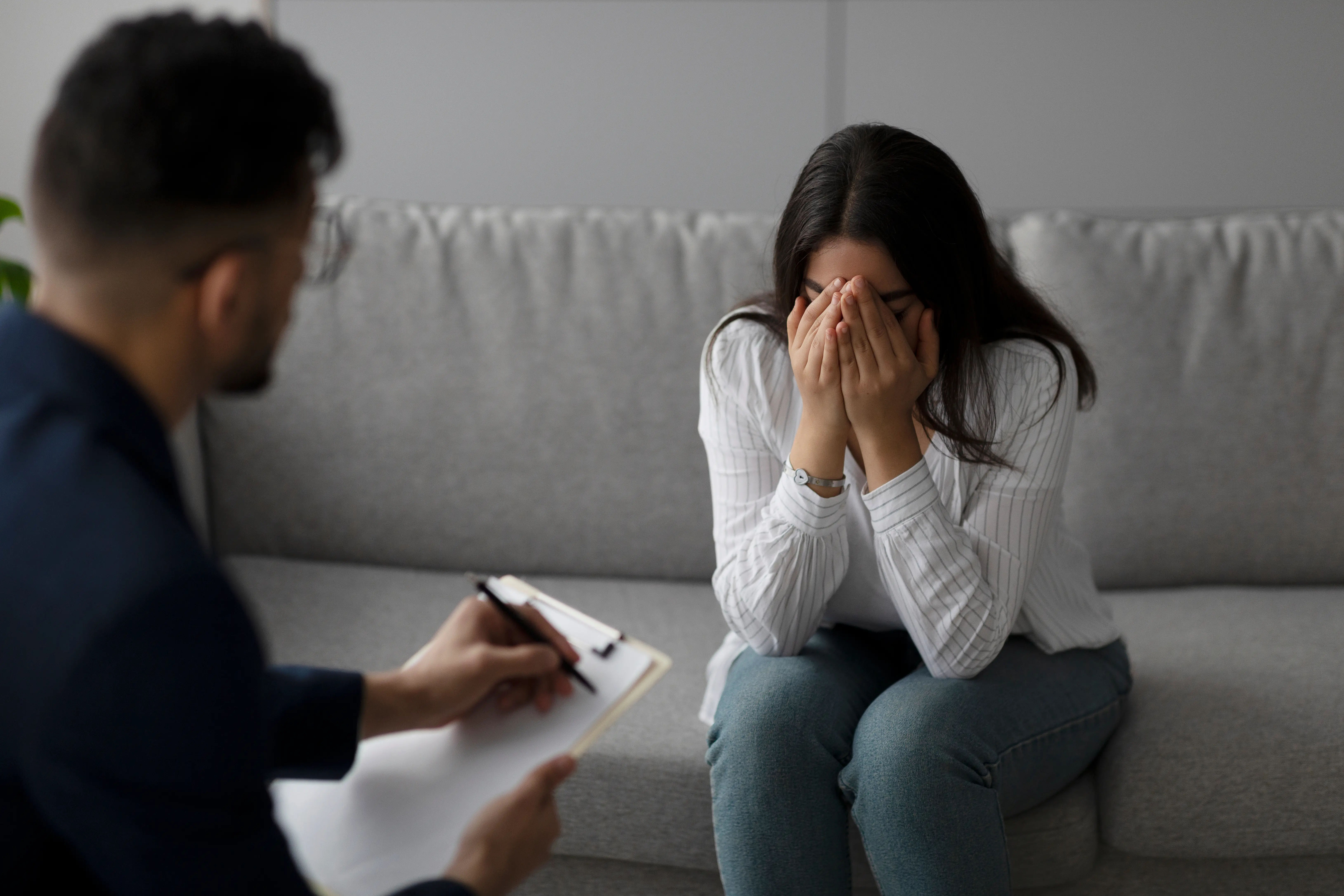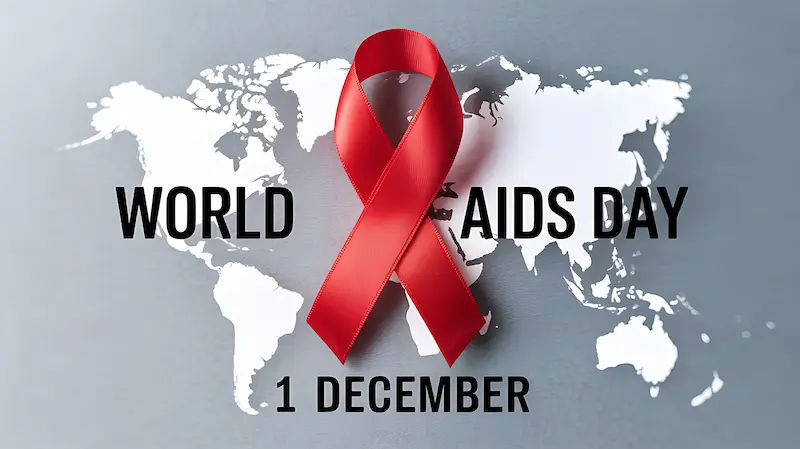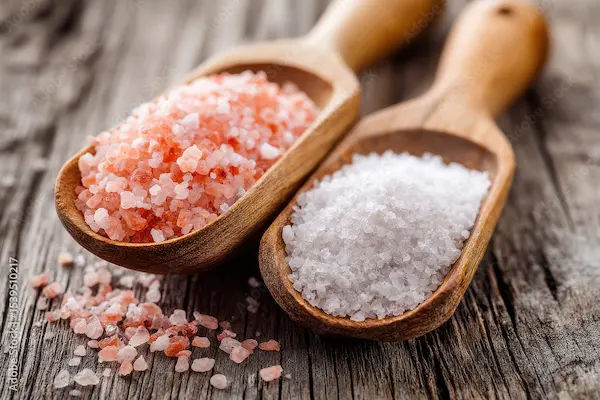Guide to Prevent Serious Eye Problems Summer And Monsoon
Protect your eyes this summer and monsoon with expert-backed tips on hygiene, UV safety, and infection prevention. Learn how to care for your eyes, manage seasonal risks, and consult a doctor online.

Written by Dr. M L Ezhilarasan
Reviewed by Dr. Shaik Abdul Kalam MD (Physician)
Last updated on 13th Jan, 2026
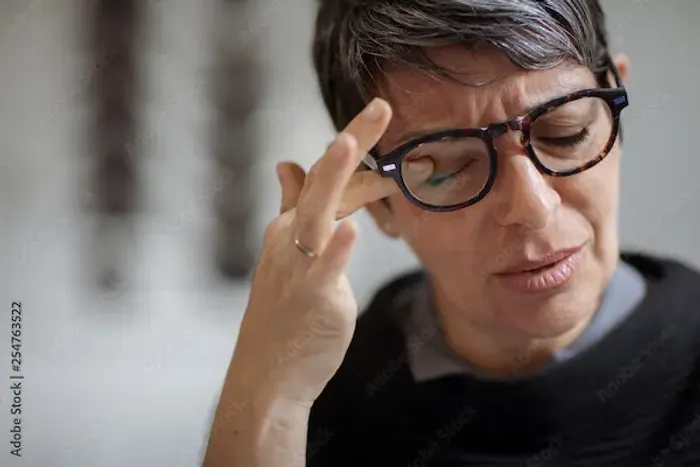
Introduction
Summer heat and monsoon rains may feel like opposite seasons, but both raise the risk of eye problems such as UV damage, digital eye strain, conjunctivitis, and corneal infections. The good news is that simple steps can prevent serious issues.
In this guide, you’ll learn how to protect your eye health in both summer and monsoon with science-backed tips you
can put into action today. It covers daily hygiene habits to prevent infections, the right sunglasses to block UV, safe
contact lens routines in heat and humidity, and what to do after exposure to pool water or rain. You’ll also find
guidance for children, seniors, and people with diabetes, plus a practical monsoon eye-care kit checklist.
If symptoms don’t resolve with self-care, you can consult a doctor online with Apollo 24|7 for further evaluation. Let’s
prevent serious eye problems before they start so you can enjoy the season safely and comfortably.
Why Summer and Monsoon Raise Your Risk?
Seasonal changes can significantly impact eye health. Understanding why summer heat and monsoon humidity
increase your risk of eye infections helps you take timely preventive steps and protect your vision year-round.
Summer hazards
Summer brings several factors that can irritate or damage the eyes if left unchecked.
- UV exposure: Intense UV and reflected light from water or sand can cause photokeratitis (sunburn of the cornea) and
contribute to cataract formation over time. - Heat and dehydration: Reduced tear production and increased evaporation can worsen dry eye symptoms, leading to
rubbing and irritation that introduce germs. - Outdoor play and holidays: Sports, fireworks, and travel raise the risk of eye trauma and exposure to shared towels or
goggles.
Monsoon hazards
The monsoon introduces new environmental threats that promote infection and inflammation.
- Rainwater and runoff: Rain can carry pollutants and microbes. Touching or rubbing your eyes after getting wet
increases infection risk. - Humidity and crowding: Warm, humid conditions help viruses and bacteria spread, causing conjunctivitis outbreaks.
- Soil and vegetative matter: Even minor corneal abrasions from plant material can allow bacteria or fungi to enter,
sometimes leading to ulcers or keratitis. - Contact lens risks: Water exposure and improper storage can foster harmful organisms like Acanthamoeba, linked to
severe keratitis.
Think of summer and monsoon as “dry heat risk” and “wet microbial risk.” Your prevention plan should address both
by maintaining moisture balance and controlling contamination.
Consult Top Ophthalmologists
Everyday Hygiene to Prevent Serious Eye Infections
Good hygiene remains your strongest defence against common eye problems.
Hand and face hygiene
- Wash hands for 20 seconds before touching eyes, applying drops, or handling lenses.
- Carry pocket sanitiser for times when washing isn’t possible.
- Use personal towels and avoid sharing eye makeup or drops.
Don’t rub—blot and flush
- Rubbing can cause micro-abrasions and push germs deeper.
- If eyes feel gritty after dust or rain exposure, flush gently with sterile saline and pat dry.
Eye makeup hygiene
- Replace mascara and liquid liners every three months.
- Avoid makeup during irritation and never share applicators.
Smart disinfection
- Clean spectacles daily with mild soap and water.
- Wipe phone and device screens regularly to avoid germ transfer.
Conjunctivitis (Pink Eye) Prevention and First Aid
Understanding the type of conjunctivitis helps ensure the right response and recovery plan.
Know the types
- Viral: Watery discharge, often after a cold; highly contagious.
- Bacterial: Thicker discharge; eyelids may stick together.
- Allergic: Itchy, watery, and often affects both eyes.
Prevention
- Wash pillowcases and towels frequently.
- Avoid touching or rubbing the eyes.
- Stay off contact lenses during symptoms.
First aid
- Use cool compresses and preservative-free artificial tears.
- See a clinician if bacterial infection is suspected.
- If symptoms persist beyond two weeks, consult a doctor online with Apollo 24|7.
Use the “SAS Test” at home—Spread, Asymmetry, and Severity—to decide when to seek medical care.
UV and Light: Prevent Photokeratitis and Long-Term Damage
Sun protection is just as important for your eyes as it is for your skin.
Sunglasses that actually protect
- Choose 100% UV protection or UV400 lenses with wraparound frames.
- Pair with wide-brimmed hats for added protection.
Time and place matter
- Peak UV hours are between 10 a.m. and 4 p.m.
- Water, sand, and concrete reflect UV upwards—check the daily UV Index.
Blue light and digital concerns
- Blue light doesn’t cause permanent damage, but long screen hours cause digital eye strain.
- Use the 20-20-20 rule and blink consciously to reduce dryness.
Clear prescription glasses can have UV-protective coatings—ideal during cloudy monsoon days.
Contact Lens Safety in Summer and Monsoon
Proper lens hygiene can prevent most lens-related infections.
Golden rules
- Never expose lenses to water.
- Use only fresh disinfecting solution; never top up old solution.
- Replace lens cases every three months.
Acanthamoeba keratitis: rare but serious
- Caused by waterborne microbes that stick to lenses.
- Symptoms include pain, light sensitivity, and blurred vision—seek urgent care.
Travel and heat tips
- Carry daily disposables, backup glasses, and extra solution.
- Keep solutions in a cool place; avoid leaving them in hot cars.
In the monsoon, switch to daily disposables to reduce microbial risk.
Monsoon-Linked Corneal Ulcers and Fungal Keratitis: Risks and Prevention
Even small eye injuries can turn serious in warm, humid weather.
Small injuries can become big problems
- Tiny scratches can seed infections that progress quickly, leading to keratitis or ulcers.
Prevention checklist
- Wear protective eyewear during outdoor or gardening work.
- Avoid home remedies such as oils or rose water.
- Do not use steroid drops without a prescription.
Act fast
- Corneal infections can worsen within 24–48 hours.
- If symptoms persist, book an urgent consultation with Apollo 24|7.
Follow the “3–3 rule”—if pain or vision changes last beyond 3 hours, seek care within 12 hours.
Dry Eye and Allergies in Summer and Monsoon
Eye comfort depends on balanced moisture and avoiding triggers.
Dry eye in heat and AC
- AC and fans increase tear evaporation.
- Use preservative-free artificial tears and stay hydrated.
Allergic conjunctivitis in monsoon
- Commonly triggered by mould and pollen.
- Use cold compresses and avoid rubbing.
Unique triggers
- Scented candles, incense, and poorly fitted masks can worsen dryness.
If symptoms persist for more than two weeks, consult a doctor online with Apollo 24|7.
Kids, Seniors, and People with Diabetes: Extra Care
Some groups are more vulnerable to seasonal eye problems.
- Children: Use UV400 sunglasses and teach hand hygiene.
- Seniors: Ensure regular eye exams and check medication storage.
- Diabetes: Keep blood sugar under control and avoid lens overuse.
Apollo 24|7 offers home testing for HbA1c and vitamin D monitoring.
Nutrition and Hydration for Eye Health
Balanced hydration and nutrition support long-term eye protection.
- Hydration targets: Aim for pale-yellow urine and drink 2–3 litres of water daily.
- Nutrients that help: Lutein, zeaxanthin, omega-3s, and vitamin A promote eye health.
- Smart seasonal swaps: Choose water-rich fruits like watermelon and cucumber.
Most drops work best at room temperature; avoid extreme cooling.
When to Seek Medical Care
Not every eye irritation is serious, but some symptoms like the following need prompt attention.
- Severe pain
- Light sensitivity
- Vision changes
- White corneal spots
Take photos of your eyes when symptoms start and after 12 hours to track visible changes for your doctor. If symptoms
persist despite care, consult a doctor online or book an in-person visit through Apollo 24|7.
Conclusion
Summer and monsoon each bring unique risks for your eyes. Sun and heat can cause dryness, UV damage, and digital strain, while rain and humidity increase the risk of infections and keratitis. Consistent hygiene, UV protection, and safe lens habits are your best defence. Keep a small eye-care kit, protect vulnerable groups, and never ignore red flags like pain, vision changes, or persistent redness. If symptoms last beyond two weeks, consult a doctor online with Apollo 24|7 for guidance. With a few smart habits, you can enjoy both seasons while keeping your eyes healthy and comfortable.
Consult Top Ophthalmologists
Consult Top Ophthalmologists
Dr. Padmini S
Ophthalmologist
4 Years • MBBS,MS
Bengaluru
Apollo Medical Center, Marathahalli, Bengaluru

Dr L R Seth
Ophthalmologist
36 Years • MBBS, MS, DOMS
Delhi
Apollo Hospitals Indraprastha, Delhi

Dr. Karan Paswan
Ophthalmologist
7 Years • MBBS,MS (Ophthalmology)
Kolkata
VDC Clinic, Kolkata

Dr. Sharon Dsouza
Ophthalmologist
15 Years • MBBS,MS in Ophthalmology ,Fellowship – Cornea & Refractive Surgery ,PhD in Ocular Immunology
Bengaluru
Apollo Hospitals Bannerghatta Road, Bengaluru
(25+ Patients)
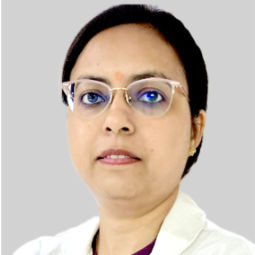
Dr. Shivani Grover
Ophthalmologist
9 Years • MS (Ophthalmology), Fellowship Cataract, Squint & Paediatric Ophthalmology
Lucknow
Apollomedics Super Speciality Hospital, Lucknow
Consult Top Ophthalmologists
Dr. Padmini S
Ophthalmologist
4 Years • MBBS,MS
Bengaluru
Apollo Medical Center, Marathahalli, Bengaluru

Dr L R Seth
Ophthalmologist
36 Years • MBBS, MS, DOMS
Delhi
Apollo Hospitals Indraprastha, Delhi

Dr. Karan Paswan
Ophthalmologist
7 Years • MBBS,MS (Ophthalmology)
Kolkata
VDC Clinic, Kolkata

Dr. Sharon Dsouza
Ophthalmologist
15 Years • MBBS,MS in Ophthalmology ,Fellowship – Cornea & Refractive Surgery ,PhD in Ocular Immunology
Bengaluru
Apollo Hospitals Bannerghatta Road, Bengaluru
(25+ Patients)

Dr. Shivani Grover
Ophthalmologist
9 Years • MS (Ophthalmology), Fellowship Cataract, Squint & Paediatric Ophthalmology
Lucknow
Apollomedics Super Speciality Hospital, Lucknow
More articles from General Medical Consultation
Frequently Asked Questions
Q1. How can I prevent serious eye infections in monsoon?
Wash hands often, avoid rubbing, use personal towels, and flush eyes with sterile saline after rain exposure. Keep lenses dry and seek medical help if redness or pain develops.
Q2. What sunglasses should I use to prevent UV eye damage in summer?
Choose UV400 or 100% UV-protective lenses with wraparound frames and pair them with a wide-brimmed hat.
Q3. Is it safe to wear contact lenses in the rain?
Avoid wearing lenses in the rain. Water can introduce harmful microbes. Carry backup glasses instead.
Q4. How do I stop conjunctivitis from spreading at home?
Do not share towels or cosmetics, wash pillowcases frequently, and avoid rubbing. If symptoms last beyond two weeks, consult Apollo 24|7.
Q5. What are the red flags of a serious eye problem that need urgent care?
Severe pain, light sensitivity, sudden vision changes, or a white spot on the cornea require immediate attention. If a clinic visit is delayed, consult a doctor online with Apollo 24|7.
